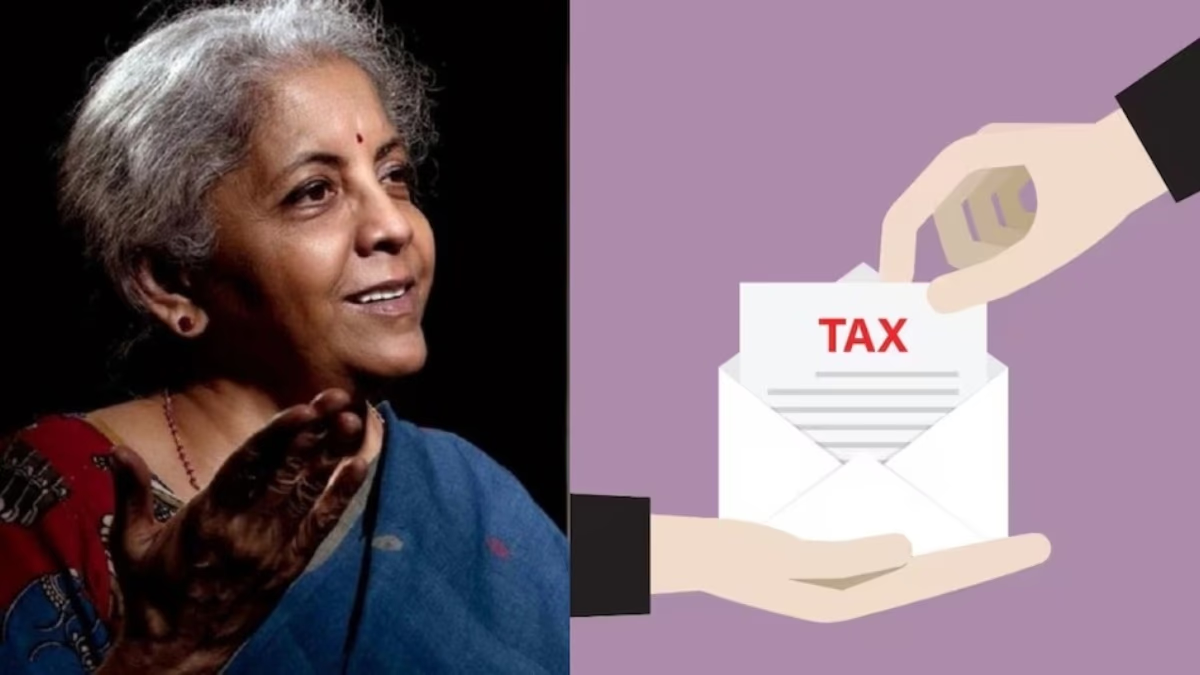A significant transformation in India's tax infrastructure (TAX) is on the horizon as the report on the new Income Tax Bill, 2025 is set to be presented in the Lok Sabha (Indian Parliament) on Monday. This innovative bill will replace the Income Tax Act of 1961, which has been in place for about six decades, providing a structure that is not only simplified but also easier to navigate with fewer sections than ever before.
The Tax Bill Featuring 285 Transformations
According to a report by Business Today, the 31-member committee led by BJP leader Baijayant Panda was tasked with scrutinizing this bill by Lok Sabha Speaker Om Birla on February 13, following its presentation by Finance Minister Nirmala Sitharaman. The panel's report suggests 285 amendments to the new tax bill, and this review will now be tabled in the house for further action. Remarkably, the New Tax Bill is half the size of the 1961 Income Tax Act.
536 Sections, Down from 816
Designed to particularly curb litigation, this newly simplified bill communicates in an accessible language. As per the FAQ issued by the Income Tax Department, the word count in this new bill has decreased to 2.6 lakhs from the current 5.12 lakhs. Meanwhile, the number of sections has been reduced from 819 to 536, and chapters from 47 to 23.
From 'Assessment Year' to 'Tax Year'
The New Tax Bill-2025 proposes a unified 'Tax Year', replacing the traditional 'Assessment Year' and 'Previous Year' concept, which had been used by taxpayers so far. The bill includes 57 tables aiming to clarify tax benefits and TDS/TCS (Tax Deducted/Collected at Source) rules, compared to just 18 in the existing act. Additionally, 1,200 provisions and 900 clarifications have been eliminated. Currently, taxes are paid in the Assessment Year for income earned in the Prior Year, e.g., income earned in 2023-24 is taxed in 2024-25. Following presentation by Nirmala Sitharaman, the report went to a committee of 31 members, and their review will be presented on the first day of the Monsoon Session of Parliament, commencing on July 21 and concluding by August 21, 2025.




